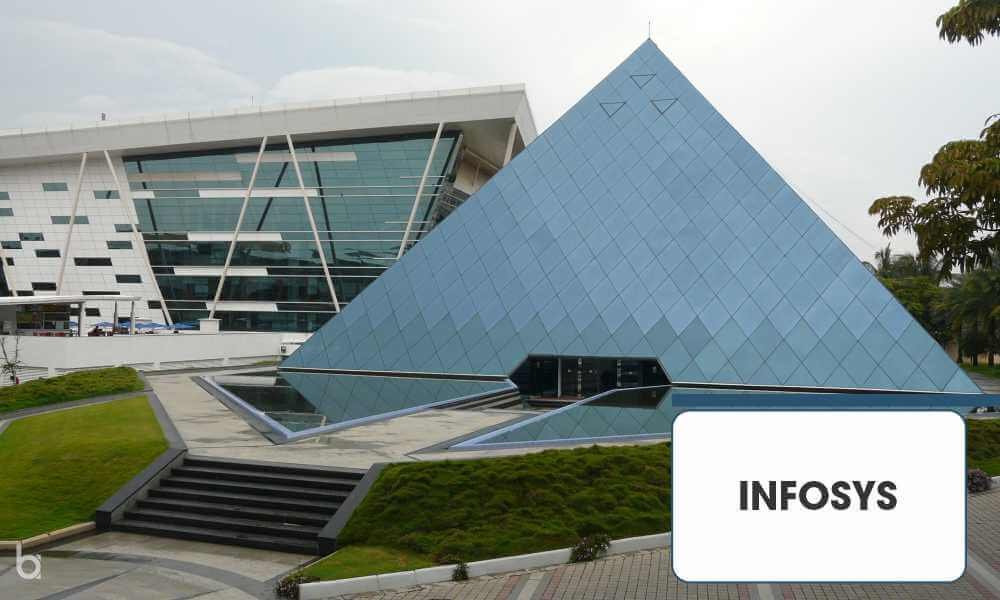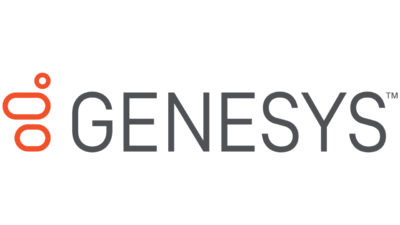India’s information technology sector is a global powerhouse, boasting a vibrant ecosystem of companies that are shaping the future of technology. From startups to established giants, these companies contribute significantly to the nation’s economy and innovation. This exploration delves into the dynamics of the Indian IT industry.

This overview will examine the key players, their innovations, and the significant impact they have on the global IT landscape. We will also touch upon some of the industry challenges and opportunities.
Hey everyone,Here’s a unique article about the fascinating intersection of artificial intelligence and the future of work. It delves into the potential benefits and challenges, and offers some intriguing perspectives on how we might adapt.
The rise of artificial intelligence (AI) is rapidly transforming industries across the globe, and the workplace is no exception. From automating mundane tasks to generating novel insights, AI is poised to fundamentally alter how we work, interact, and ultimately, thrive in the professional sphere. This article explores the evolving landscape of the algorithmic workplace, examining both the promising opportunities and the potential pitfalls that lie ahead.
A New Era of Efficiency and Productivity
One of the most significant impacts of AI in the workplace is increased efficiency and productivity. AI-powered tools can automate repetitive tasks, freeing up human workers to focus on more complex and creative endeavors. Imagine customer service chatbots handling routine inquiries, allowing human agents to address more intricate problems. Similarly, AI-driven scheduling software can optimize workflows and reduce delays, leading to a more streamlined and productive work environment.

This automation, while initially causing anxieties, ultimately promises to unlock significant potential for increased output and improved work-life balance.
The Evolution of Roles and Responsibilities
The integration of AI into the workplace will inevitably lead to a transformation in job roles and responsibilities. Some tasks currently performed by humans will be automated, leading to a need for retraining and upskilling. However, new roles will also emerge, focusing on managing, maintaining, and innovating with AI systems. Data scientists, AI ethicists, and machine learning engineers will become increasingly crucial in shaping the future of work.
This evolution requires proactive adaptation and investment in education and training programs to equip the workforce for the challenges and opportunities ahead.
The Ethical Considerations of AI in the Workplace
While AI promises significant advancements, it’s essential to acknowledge the ethical considerations that accompany its implementation. Bias in algorithms can perpetuate existing societal inequalities, leading to unfair or discriminatory outcomes in hiring, promotion, or performance evaluation. Maintaining transparency and accountability in AI systems is paramount to ensuring fair and equitable treatment for all employees. Furthermore, concerns about job displacement and the potential widening of the skill gap must be addressed through proactive measures such as targeted reskilling initiatives and social safety nets.
The Human Element in the Algorithmic Workplace
Despite the increasing sophistication of AI, the human element remains crucial in the algorithmic workplace. AI systems excel at processing information and performing tasks, but they lack the empathy, creativity, and critical thinking skills that are essential for complex problem-solving and strategic decision-making. The future of work will likely see a collaborative approach, where AI and humans work together to achieve optimal outcomes.
Humans will need to develop a deep understanding of AI tools to leverage their capabilities while maintaining their unique human qualities.
Navigating the Future: Adapting to the Algorithmic Workplace
The integration of AI into the workplace demands a proactive approach from individuals, organizations, and governments alike. Employees need to adapt to new skills and embrace lifelong learning to stay relevant in a rapidly evolving landscape. Businesses must invest in training and development programs to equip their workforce with the necessary skills to collaborate effectively with AI systems.

Governments need to create policies and regulations that promote ethical AI development and address the potential challenges of job displacement.In conclusion, the algorithmic workplace is a dynamic and evolving landscape. While challenges exist, the potential benefits of AI are undeniable. By embracing a proactive and adaptable mindset, we can navigate the future of work with AI, fostering a more efficient, productive, and ultimately, fulfilling work experience for all.
Top FAQs
What are the key factors driving the growth of Indian IT companies?
A combination of factors, including a large pool of skilled engineers, a supportive government policy, and a cost-effective business environment, are fueling the growth of Indian IT companies.
What are the common career paths within the Indian IT industry?
Career paths range from software development and engineering to project management, business analysis, and marketing.
What are some of the major challenges faced by Indian IT companies?
Maintaining quality standards, adapting to technological advancements, and staying competitive in a global market are some significant challenges.
How do Indian IT companies contribute to the Indian economy?
These companies contribute substantially to the Indian economy through employment generation, tax revenue, and foreign exchange earnings.













